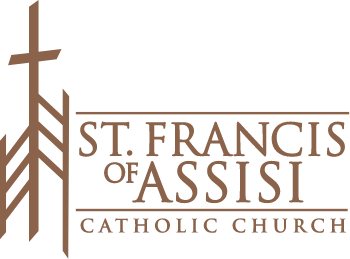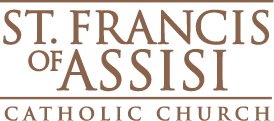Morality is deeply rooted in what has been divinely revealed and handed down through tradition. These sources are not merely human constructs but are grounded in the very nature of God and His interaction with humanity. At the heart of human morality is Divine Revelation. This revelation is the very Word of God communicated to humanity; through this revelation, God makes known His will, His nature, and His expectations for human conduct. Divine Revelation began with God’s communication to the early patriarchs, such as Adam and Noah, and culminated in the fullness of time with the coming of Jesus Christ. In Christ, the Word became flesh, and in Christ, God embodied all he desired to communicate to humanity. Therefore, Divine Revelation is the bedrock of all moral truth, revealing how we should live to fulfill our purpose in God’s plan. Jesus, as the embodiment of Divine Revelation, provides the ultimate example of moral living. He illustrates the path to true righteousness through His life, teachings, and the Beatitudes. His life perfectly manifests love, humility, and obedience to God’s will. Jesus exemplifies the virtues that humanity is called to emulate, from His compassion toward the marginalized to His steadfastness in the face of persecution.
Alongside Divine Revelation, Natural Law serves as another fundamental source of morality. Natural Law is the law inscribed by God in the heart of every person. It is universal, immutable, and accessible to human reason, allowing individuals to discern right from wrong through their conscience. This law reflects the order and design of creation, guiding human beings to act in ways that align with their created nature and the ultimate good. It is through adherence to Natural Law that humanity can participate in God’s eternal law and contribute to the common good. Natural Law expresses the moral order God has established and is crucial for maintaining justice and harmony in society.
The truths of morality are also preserved and transmitted through Sacred Tradition. Such Sacred Tradition encompasses the teachings and practices handed down through the apostles and their successors. It is the living transmission of the Gospel in the life of the community, ensuring that the truths revealed by God are faithfully preserved and understood in every age.
The Magisterium, or the teaching authority of the Church, has been established to safeguard and interpret these sources of morality. Through the guidance of the Holy Spirit, God entrusts this authority with the responsibility of authentically interpreting the Word of God, whether written or handed down. The Magisterium ensures that the teachings on faith and morals remain error-free and consistently applied across generations. Through this teaching authority, the faithful are guided in understanding and living out the moral truths revealed by God. The Magisterium is a guardian of the deposit of faith, providing clarity and unity in moral teachings.
One cannot overstate the role of grace in the moral life. Grace is a gift from God that empowers individuals to live according to His will. Grace sanctifies and transforms human beings, enabling them to live in conformity with the moral law. This grace is received through the sacraments and personal prayer, allowing individuals to grow in virtue and holiness. Grace perfects human nature and heals the wounds of sin, making it possible to live a life that is pleasing to God and in accordance with His moral law. In conclusion, God has deeply intertwined the sources of morality with His divine plan for humanity. They are not arbitrary rules but reflections of God’s eternal law revealed to guide humanity toward its ultimate end: union with Him. Through Divine Revelation, Natural Law, Sacred Tradition, the Magisterium, and grace, God has equipped individuals to navigate the moral life and achieve their true purpose. These sources provide a coherent and unified framework that leads to the flourishing of individuals and society.
Jeremy Lezniak — SFA Theologians Guild Member

